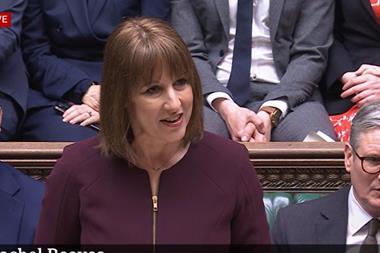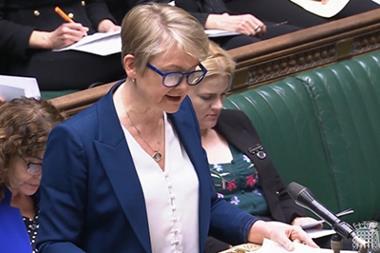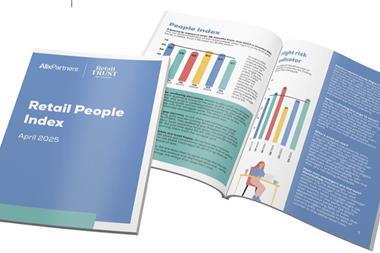
The convenience sector has voiced its frustration at the government’s energy support package for businesses, with the Association of Convenience Stores (ACS) dubbing it “inadequate, poorly targeted and ultimately pointless” as local shops face a massive hike in energy costs from April 2023.
The government is currently reducing business energy bills by effectively controlling the wholesale price that is the main component of businesses’ energy bills. After extensive consultation, the government will be moving away from this model in April and instead providing a subsidy to electricity bills of 1.96p per kilowatt hour for all business customers paying over a minimum rate.
When announcing the changes to support for businesses, the Department for Business, Energy & Industrial Strategy said: ”The government has been clear that current levels of support were time-limited and intended as a bridge to allow businesses to adapt. Wholesale gas prices have now fallen to levels just before Putin’s invasion of Ukraine and have almost halved since the current scheme was announced. The EBDS therefore strikes a balance between supporting businesses over the next 12 months and limiting taxpayer’s exposure to volatile energy markets, with a cap set at £5.5 billion based on estimated volumes.”
Commenting on the support package, ACS chief executive James Lowman said: “The new package of business support is woefully inadequate. By moving to a subsidy on energy bills, and failing to target specific sectors or those worst affected, the government has spread £5.5bn support over every type of business, the result being a level of subsidy that is ultimately pointless.
“Make no mistake, local shops will go out of business if the government does not rethink its approach before April. Retailers who struck contracts at the peak of the wholesale energy price will still see their bills quadruple even with this meagre support, blowing their commercial model out of the water. Our sector is resilient, plays a vital role in communities, and in fact offers energy bill payment facilities for millions of customers including the most vulnerable. This policy will have very serious consequences for our members and the customers and communities they serve.
“It is not too late for the Chancellor to reconsider the support he is offering, to find practical ways of targeting it more effectively, and to save the businesses who he is effectively consigning to closure with his decision.”
The Federation of Independent Retailers (The Fed) was equally disheartened by the package. The Fed’s national president Jason Birks said: “This is hugely disappointing for many independent retailers who are struggling to survive. With rising energy bills, falling margins, and rising payroll costs, small businesses will continue to struggle or, indeed, cease to exist unless additional financial support is available.”
The Fed said it will continue to work with the government to highlight the challenges independent retailers are facing amidst this cost-of-doing-business crisis.











![WG-4003[58]](https://d2dyh47stel7w4.cloudfront.net/Pictures/274x183/4/5/1/353451_wg400358_6083.jpg)
















No comments yet